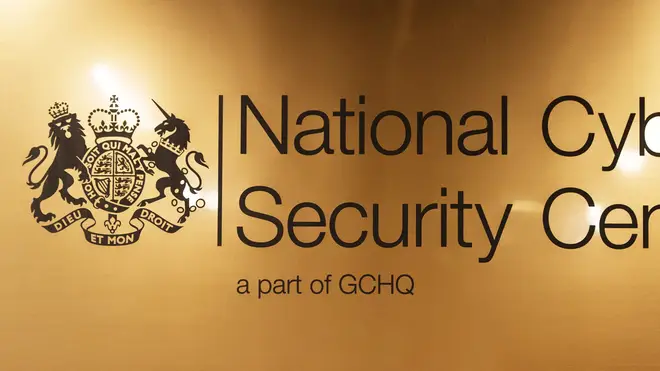
Richard Spurr 1am - 4am
26 March 2021, 14:34

NCSC boss Lindy Cameron also warned company bosses that cyber security is still not being taken seriously enough.
China’s technological might will change the world in a more fundamental way than Russia, the chief of the UK’s cyber security agency has warned.
The two countries are among four nations of particular concern in the cyberspace, alongside North Korea and Iran.
In her first major speech as chief executive of the National Cyber Security Centre (NCSC) – part of GCHQ – Lindy Cameron said Russia “poses the most acute and immediate threat” to the UK but China’s size, scale and technological ambition is also being watched.
“The thing we’re most interested in, of course, is China’s future role in technology actually, so we’re clear-eyed about their ambitions in technology in particular and I think interested in the role they have in the market as much as the potential threat,” she told reporters.
“China will change the world we live in in a much more fundamental way than Russia will and I think that just by virtue of the size and scale of the market that they have domestically, and indeed the innovation that is happening in China in terms of technology.
"The National Cyber Security Centre – launched five years ago – is now a firmly embedded part of the UK cyber security landscape, and here to stay." Lindy Cameron, NCSC CEO.
Read the full speech here: https://t.co/G6rXjAu4DV pic.twitter.com/96mEkZLwRa
— NCSC UK (@NCSC) March 26, 2021
“In a sense, we and our consumers will be buying some of that technology and I think therefore we have an interest in understanding how secure it is from a cyber-security perspective, and so I think that’s partly why we’re interested not only in their technological ambitions, but also actually in our own future as a great science and technology power.
“As I think the integrated review says, you know, the changing nature of China will be one of the most significant geopolitical shifts that we will see in this decade.”
Five years since the NCSC was announced, it has dealt with more than 2,000 significant incidents from across the globe, ranging from covert state sponsored attacks, to criminal ones with major public impact, Ms Cameron said.
More than 5% of malicious sites were hosted in the UK when the organisation started, but that number has now been cut to 2%.
In 2020, “hundreds of thousands” of malicious URL web addresses were taken down.
Ms Cameron took over as chief executive of the NCSC in October, succeeding Ciaran Martin, who led its creation in 2016.
Earlier, she warned cyber-security is still not taken seriously enough by organisation leaders, despite the UK making “huge progress” more generally.